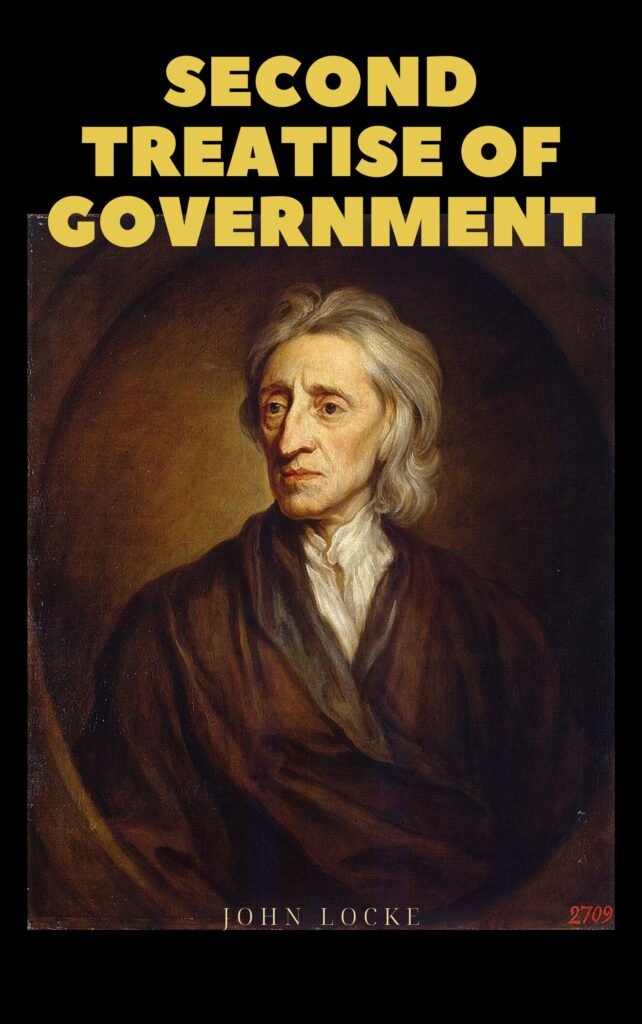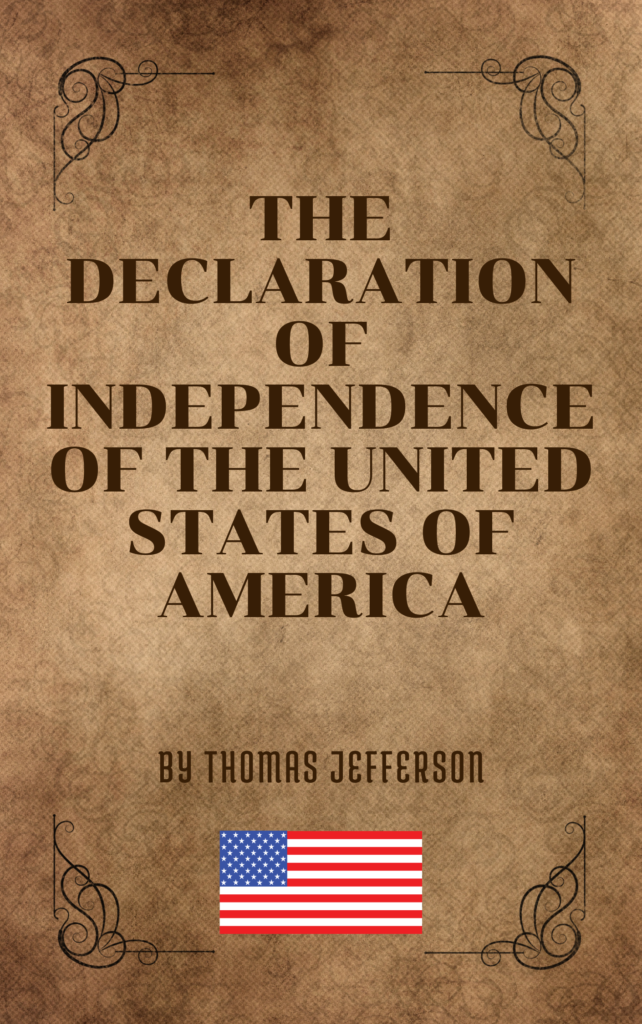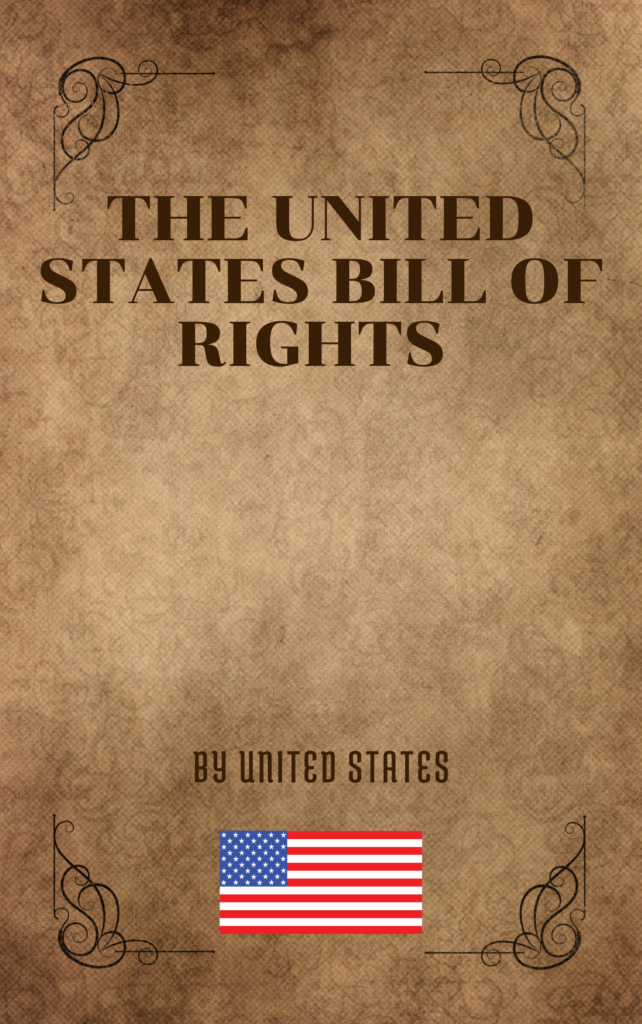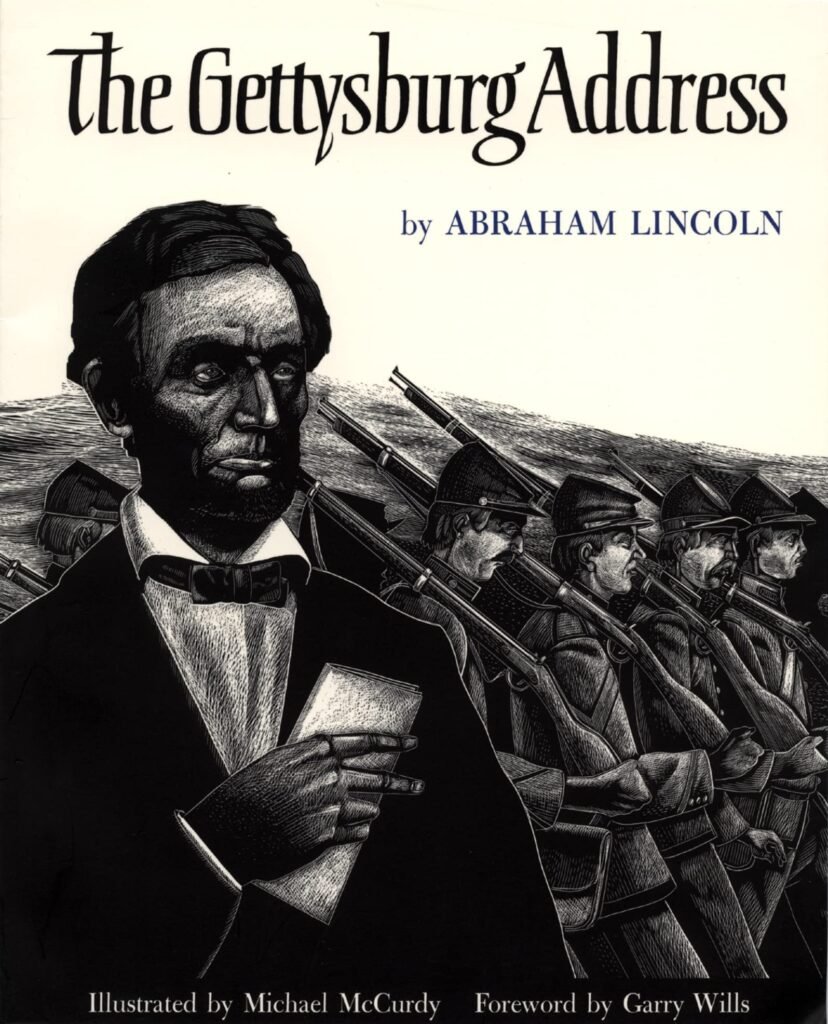
“Second Treatise of Government” by John Locke is a seminal work in political philosophy that challenges traditional ideas of authority and governance. Written in the late 17th century, this treatise critiques the notion of the divine right of kings and advocates for a government founded on the consent of the governed, prioritizing individual rights and freedoms.
Locke begins by dismantling the patriarchal arguments of Sir Robert Filmer, rejecting the idea that Adam held natural authority over his descendants or that rulers could claim legitimacy through hereditary succession. He introduces the concept of the state of nature, portraying individuals as naturally equal and free. From this foundation, Locke argues for the necessity of civil society, where government exists to protect life, liberty, and property through collective agreement and for the benefit of all.
This influential work laid the groundwork for modern democratic thought, emphasizing that legitimate political power arises from the consent of the people and must serve the public good.
- Pages: 177
- Published: 1689
- Author: John Locke
Maurice Switzer Quote
"It is better to remain silent at the risk of being thought a fool, than to talk and remove all doubt of it."
Maurice Switzer | Columnist




